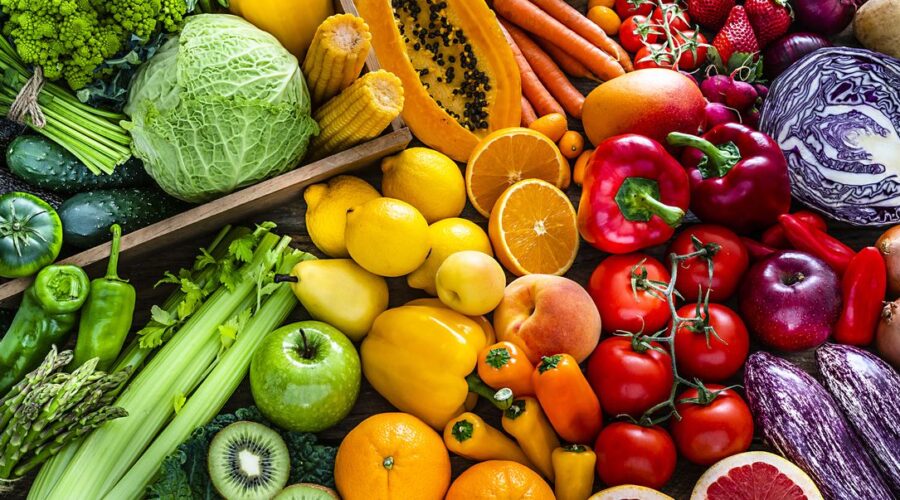Eating seasonally has become a popular trend in recent years as more and more people are recognizing the numerous benefits of consuming fruits and vegetables that are grown and harvested during the current season. Not only does it allow for the consumption of fresher and more flavorful produce, it also supports local agriculture and reduces the carbon footprint of food transportation. In addition, eating seasonally can help to increase the variety of nutrients in your diet and reduce food waste. In this blog, we will delve deeper into the various benefits of eating seasonally and why it is worth considering as a part of a healthy and sustainable lifestyle.
- This means that it is packed with more nutrients and taste than produce that is picked early and transported long distances to reach store shelves. Additionally, seasonal produce is often grown using more sustainable farming practices, which can also contribute to its superior taste and nutrition.
- Supports local agriculture: By choosing to eat seasonally, you are supporting local farmers and the local economy. This not only helps to ensure the viability of small farms, but it also reduces the carbon footprint of food transportation. When produce is shipped from faraway locations, it requires significant amounts of fossil fuels to transport it to its destination. Eating seasonally means that the produce you consume is likely grown closer to home, reducing the environmental impact of your food choices.
- Increases variety in your diet: Eating seasonally means that you will be able to enjoy a wide variety of fruits and vegetables throughout the year. This not only helps to keep meals interesting, but it also ensures that you are getting a diverse range of nutrients. Eating the same types of produce all year round can lead to a lack of variety in your diet, which can negatively impact your health.
- Reduces food waste: Produce that is grown out of season is often picked early and treated with chemicals to extend its shelf life. This can lead to a decrease in taste and nutrition. By eating seasonally, you are more likely to consume produce at its peak ripeness, which reduces the risk of food waste.
Conclusion:
In conclusion, eating seasonally has numerous benefits for both the individual and the environment. It allows for the consumption of fresher, more flavorful produce that is packed with nutrients. It also supports local agriculture and reduces the carbon footprint of food transportation. Incorporating seasonal produce into your diet can help to increase the variety of nutrients you consume, reduce food waste, and support sustainable farming practices. Overall, eating seasonally is a simple and effective way to improve both your health and the health of the planet.

